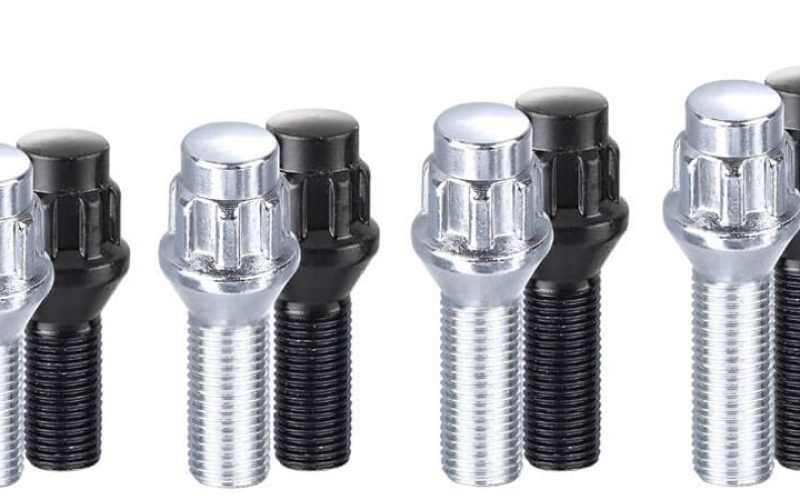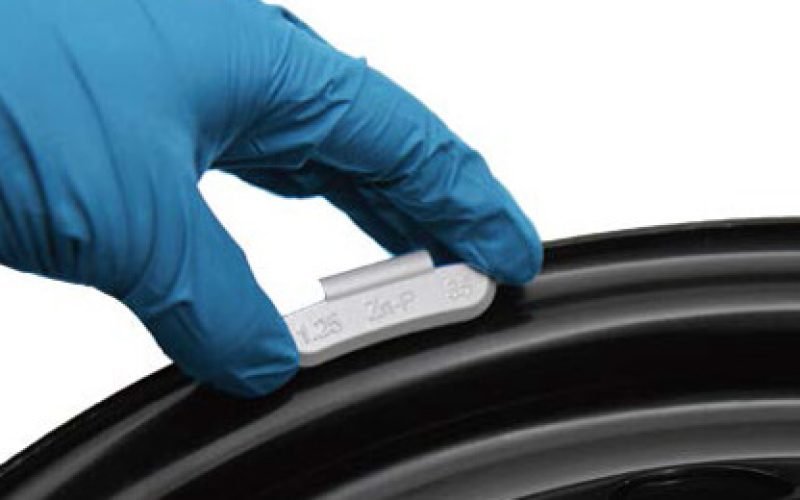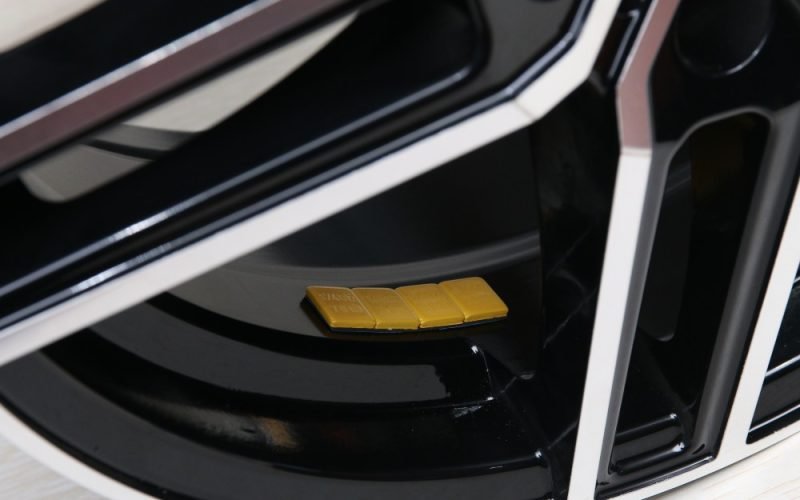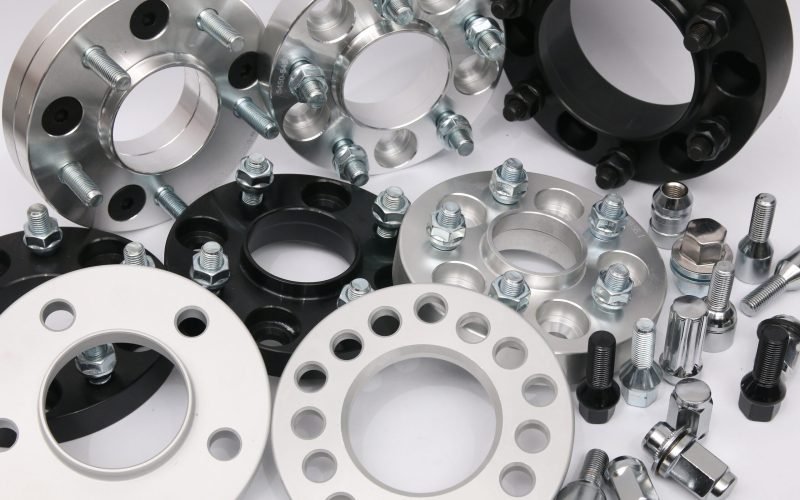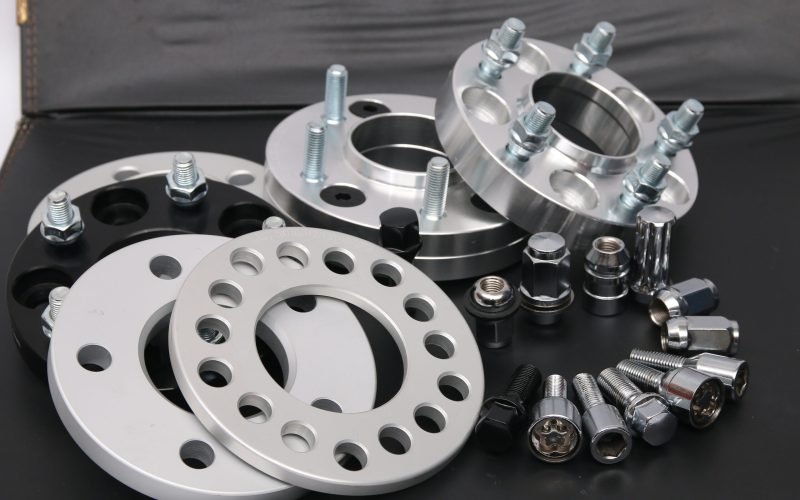

admin1
May 25, 2025
Lead-Free Wheel Weights: The Safer Alternative
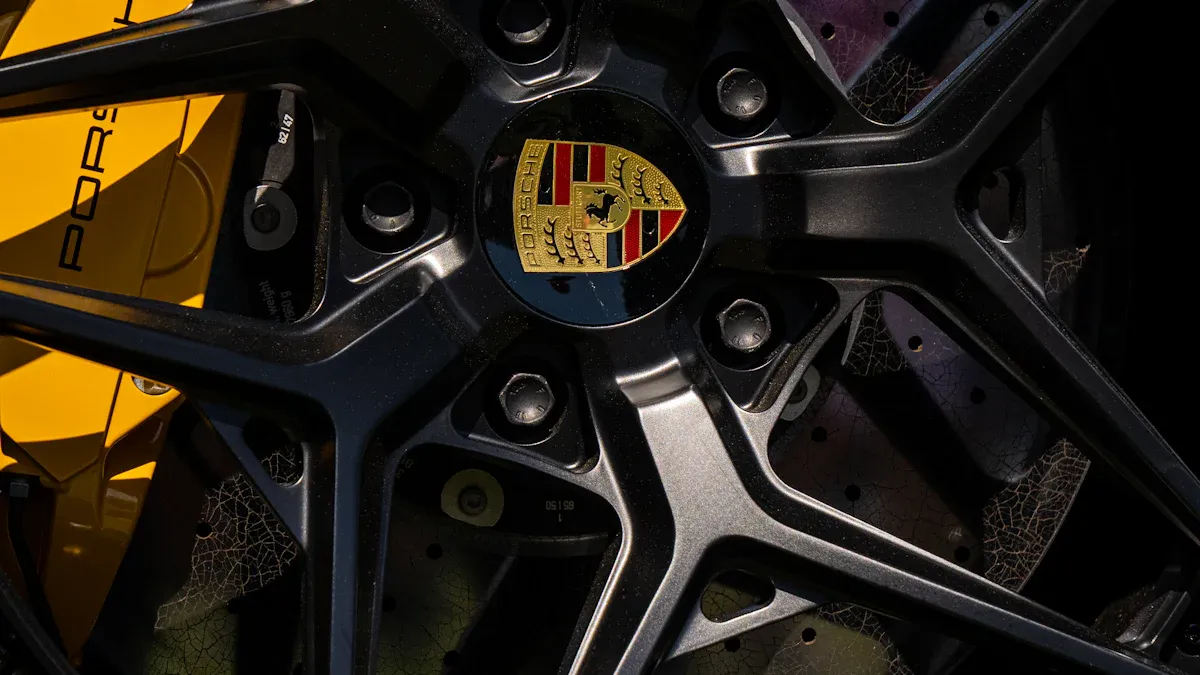
Switching to lead-free wheel weights protects both your health and the environment. Traditional lead wheel weights release harmful particles into the air, soil, and water during use and disposal. Studies reveal that wheel weight lead can contaminate ecosystems and pose risks to human health through occupational exposure and environmental contact. These risks include neurological damage, especially in children, and long-term ecological harm. By choosing safer materials, you help reduce these dangers while supporting sustainable practices in the automotive industry.
Why Lead-Free Wheel Weights Are Safer
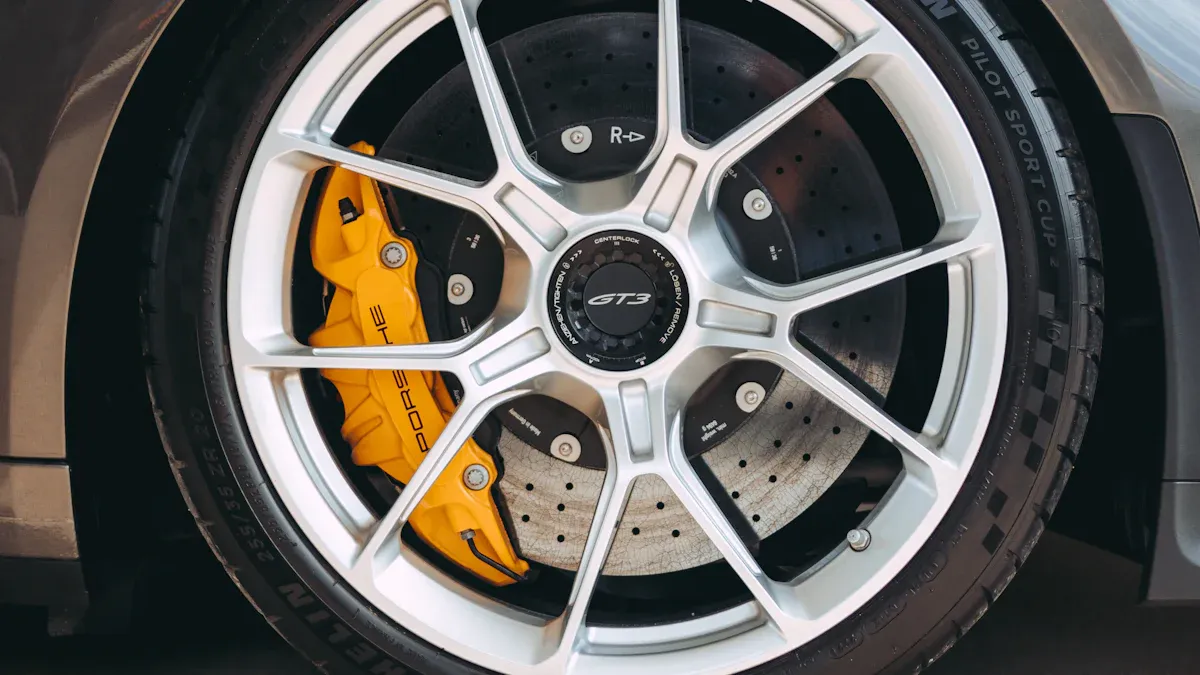
The Dangers of Wheel Weight Lead
Lead wheel weights pose significant risks to both the environment and living organisms. When these weights fall off vehicles, they often break down into smaller particles. These particles can contaminate the soil and water, creating long-term environmental damage. Wildlife, such as birds, may accidentally ingest these fragments, leading to poisoning. This issue extends beyond animals, as lead contamination can also affect humans through indirect exposure.
Lead is not biodegradable. Once it enters the ecosystem, it remains there indefinitely, accumulating over time. This persistence makes lead wheel weights a major contributor to environmental pollution. By switching to lead-free alternatives, you can help reduce this harmful impact and protect ecosystems from further damage.
Health Risks of Lead Exposure
Lead exposure is a serious health concern. Even small amounts of lead can cause significant harm, especially to children. It can affect brain development, leading to learning difficulties and behavioral problems. Adults exposed to lead may experience high blood pressure, kidney damage, and other chronic health issues.
The risks are not limited to direct contact. Lead particles from wheel weights can enter the air, soil, and water, increasing the chances of indirect exposure. For example:
- Birds that ingest lead fragments may suffer from poisoning, which can disrupt local ecosystems.
- Humans can encounter lead through contaminated water or food, leading to long-term health problems.
- Lead exposure from other sources, such as leaded ammunition or roof flashing, further highlights the widespread dangers of this toxic material.
By choosing lead-free wheel weights, you can minimize these risks and contribute to a healthier environment for everyone.
How Safer Wheel Weight Materials Reduce Risks
Lead-free wheel weights are made from safer materials like steel, zinc, or composite alloys. These materials do not carry the same toxic properties as lead. When you use lead-free options, you eliminate the risk of lead particles contaminating the environment. This simple change can significantly reduce the dangers associated with lead exposure.
Additionally, lead-free materials are more sustainable. They can be recycled more efficiently, reducing waste and conserving resources. By adopting lead-free wheel weights, you not only protect your health but also support a cleaner, greener planet.
Switching to lead-free alternatives is a small step with a big impact. It helps safeguard ecosystems, reduces health risks, and promotes sustainability in the automotive industry.
Environmental Impact of Wheel Weight Materials
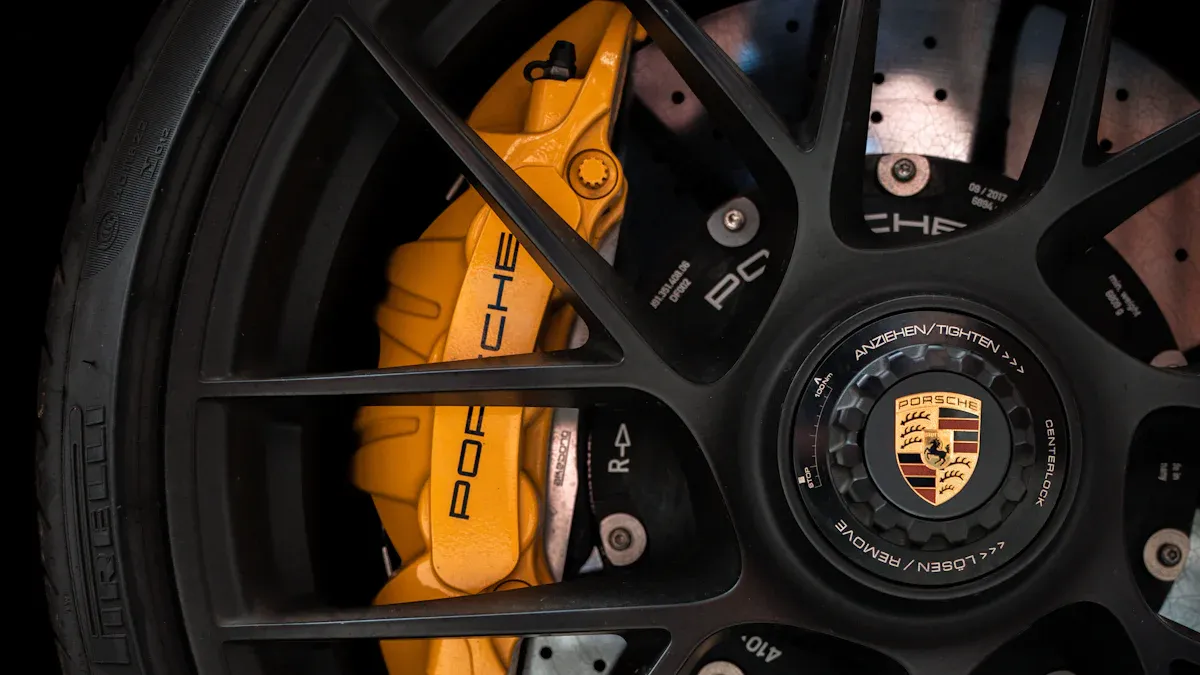
Lead Contamination in Soil and Water
Lead contamination from automotive parts, including lead wheel weights, poses a serious threat to soil and water quality. When lead corrodes or evaporates, it can enter the environment and spread through rainwater runoff. This process allows lead to seep into rivers, lakes, and groundwater, creating long-term pollution. Contaminated water can harm aquatic life and disrupt ecosystems, while polluted soil can reduce agricultural productivity.
Studies have shown that automotive recycling sites and mechanic workshops often have high levels of lead in the surrounding soil. Improper disposal of lead-acid batteries and other automotive parts contributes to this contamination. The table below highlights some alarming findings:
| Source | Findings |
|---|---|
| Study on auto-mechanic workshops | High levels of lead in soil due to waste disposal, affecting water quality. |
| Health impact | Lead exposure damages the nervous and reproductive systems, causing anemia. |
Lead contamination also affects human health. Chronic exposure can occur when people consume water or food grown in polluted soil. This exposure can lead to severe health issues, including high blood pressure and neurological damage. By switching to safer wheel weight materials, you can help reduce these risks and protect both the environment and public health.
Environmental Benefits of Lead-Free Alternatives
Lead-free wheel weights offer significant environmental advantages over traditional lead alternatives. These safer materials, such as steel and zinc, do not release harmful toxins into the environment. Unlike lead, they do not accumulate in soil or water, making them a cleaner choice for the planet.
The environmental benefits of lead-free alternatives are clear when comparing their impact to that of lead-based materials:
| Aspect | Lead-Free Alternatives | Traditional Lead Alternatives |
|---|---|---|
| Growth Rate (2020-2021) | Over 30% | N/A |
| Environmental Risks | Reduced | High |
By choosing lead-free options, you contribute to a healthier ecosystem. These materials reduce the risk of contamination and help preserve natural resources. Their growing popularity reflects a global shift toward more sustainable practices in the automotive industry.
Recycling and Sustainability of Lead-Free Wheel Weights
Lead-free wheel weights are not only safer but also more sustainable. Materials like steel and zinc are highly recyclable, which reduces waste and conserves resources. Recycling these materials requires less energy compared to extracting new raw materials, making it an eco-friendly process.
In contrast, recycling lead poses significant challenges. The process can release toxic fumes, endangering workers and nearby communities. Additionally, lead recycling facilities require strict regulations to prevent environmental contamination. By using lead-free alternatives, you support a recycling process that is safer and more efficient.
Switching to lead-free wheel weights also aligns with global efforts to promote sustainability. These materials help reduce the environmental footprint of the automotive industry, paving the way for a greener future. Your choice to adopt lead-free options can make a meaningful difference in protecting the planet.
Performance of Lead-Free vs. Lead Wheel Weights
Durability of Lead-Free Wheel Weight Materials
Lead-free wheel weights, such as steel wheel weights and zinc wheel weights, are designed to withstand harsh conditions. Steel, in particular, is known for its high durability and resistance to corrosion. This makes it an excellent choice for long-term use. Zinc, while slightly less durable than steel, still offers a reliable alternative to lead. Both materials maintain their integrity under extreme temperatures and road conditions, ensuring they stay securely attached to your vehicle.
In comparison, lead wheel weights are softer and more prone to deformation. Over time, they may lose their shape or fall off, especially when exposed to rough terrain. By choosing lead-free options, you benefit from materials that last longer and perform better under stress.
Weight Accuracy and Tire Balance
Accurate weight distribution is crucial for maintaining proper tire balance. Lead-free wheel weights, particularly those made from steel, provide precise weight measurements. This accuracy ensures your tires remain balanced, reducing uneven wear and improving fuel efficiency. Innovations in materials science have also led to the development of lightweight yet effective wheel weights, enhancing overall performance.
Lead wheel weights, while historically used for their density, are being phased out due to their environmental and health risks. Modern lead-free alternatives now match or exceed the performance of traditional lead weights, making them a superior choice for your vehicle.
Compatibility with Modern Vehicles
Modern vehicles demand advanced materials that align with current safety and environmental standards. Steel and zinc wheel weights meet these requirements, offering compatibility with a wide range of vehicles. Major automotive manufacturers have already transitioned to lead-free weights to comply with regulations and improve performance. Over 70% of drivers now prefer eco-friendly solutions, reflecting a growing trend toward sustainability.
Lead-free options also integrate seamlessly with advanced tire systems, ensuring optimal performance without compromising safety. By switching to lead-free wheel weights, you align with industry standards and contribute to a greener future.
Cost of Lead-Free Wheel Weights
Initial Costs vs. Long-Term Savings
Lead-free wheel weights may have a slightly higher upfront cost compared to traditional lead weights, but their long-term benefits outweigh this initial expense. Safer materials like zinc and steel are more durable, reducing the need for frequent replacements. This durability saves you money over time, as you won’t need to purchase replacements as often.
Additionally, lead-free wheel weights contribute to better tire balance and performance. Balanced tires wear evenly, which extends their lifespan and reduces fuel consumption. These savings add up, making lead-free options a cost-effective choice in the long run.
Government incentives and funding for sustainable materials also help offset the initial costs. Many manufacturers are investing in lead-free alternatives due to regulations like the REACH initiative in Europe, which promotes the elimination of harmful substances. These efforts make lead-free wheel weights more accessible and economically viable for consumers.
Are Lead-Free Options Worth the Investment?
Switching to lead-free wheel weights is a smart investment for both your wallet and the environment. Over the past decade, the market has shifted significantly toward non-lead alternatives like zinc and steel. This transition is driven by growing awareness of the health and environmental risks associated with wheel weight lead.
Lead-free wheel weight options offer superior durability and recyclability, which enhance their value. Zinc, for example, is now used in about 40% of new wheel weights due to its eco-friendly properties. Manufacturers are also focusing on full recyclability, with estimates suggesting that 10% to 15% aim to achieve this by 2025. These advancements make lead-free options a worthwhile investment for anyone looking to reduce their environmental footprint.
Cost-Effectiveness of Safer Wheel Weight Materials
Non-lead wheel weights are gaining market share due to their cost-effectiveness. Materials like steel and zinc are recognized for their corrosion resistance and recyclability, which reduce maintenance costs. Their durability ensures they stay securely attached to your vehicle, even under harsh conditions, minimizing the need for replacements.
The economic benefits extend beyond individual savings. By choosing lead-free wheel weights, you support sustainable practices that benefit the automotive industry as a whole. Government initiatives and regulations encourage the use of safer materials, making lead-free options more affordable and widely available.
Switching to lead-free wheel weights is not just a responsible choice—it’s a financially sound one. You save money on replacements, improve tire performance, and contribute to a cleaner planet.
Regulations and Trends in Wheel Weight Materials
Bans and Restrictions on Lead Wheel Weights
Governments worldwide are taking action to reduce the environmental and health risks posed by lead wheel weights. Many regions now enforce strict regulations to phase out lead-based materials. For example, the European Union’s RoHS Directive and the U.S. Environmental Protection Agency (EPA) have implemented rules to limit or ban lead wheel weights. These measures aim to protect ecosystems and public health by encouraging the use of safer alternatives.
The table below highlights some key regulations shaping the industry:
| Regulation/Guideline | Description |
|---|---|
| Non-lead alternatives | Legislation in many regions now demands the use of non-lead alternatives to minimize environmental impact. |
| Phasing out lead weights | Lead wheel weights are gradually being phased out due to environmental concerns, with many countries implementing regulations to limit or ban their use. |
| Adoption of greener alternatives | Changes in legislation in Europe and North America are prompting OEMs to adopt greener alternatives for wheel balancing weights, such as polymer-coated zinc or steel. |
| Global bans | Global bans or phase-outs on lead-based weights are being enforced, including regulations like the EU RoHS Directive and US EPA rules. |
These restrictions not only reduce pollution but also encourage innovation in the automotive industry. By choosing lead-free wheel weights, you align with these global efforts to create a safer and cleaner environment.
Industry Shift to Lead-Free Alternatives
The automotive industry is rapidly transitioning to lead-free wheel weights. Many automakers, especially in Europe, now specify only lead-free materials for their vehicles. This shift motivates suppliers to develop eco-friendly products that meet these new standards.
- Several EU-based automakers require lead-free weights, pushing suppliers to innovate.
- Automotive service providers focused on ESG (Environmental, Social, and Governance) compliance promote green balance weights as part of their sustainability initiatives.
- Automakers integrate sustainability metrics into all components, aligning with global climate goals like the Paris Agreement.
This industry-wide movement reflects a growing commitment to sustainability. By adopting lead-free wheel weights, you support these efforts and contribute to a greener future.
Future Trends in Safer Wheel Weight Materials
The future of wheel weight materials lies in innovation and sustainability. Automakers are exploring advanced technologies to improve performance while reducing environmental impact.
| Key Trends | Description |
|---|---|
| Lightweight Wheels for Fuel Efficiency and EVs | Automakers are increasingly adopting aluminum alloy, carbon fiber, and forged wheels to reduce vehicle weight and enhance battery efficiency in EVs. Lightweight wheels also improve handling, acceleration, and braking performance. |
| Sustainability and Recycled Materials | Manufacturers are exploring eco-friendly wheel production using recycled aluminum and sustainable manufacturing processes to meet environmental regulations. |
These trends highlight the automotive industry’s focus on efficiency and environmental responsibility. By choosing lead-free wheel weights, you stay ahead of these advancements and contribute to a more sustainable future.
Lead-free wheel weights offer a safer and greener alternative to traditional lead weights. Their benefits extend beyond health and environmental protection, making them a smart choice for modern vehicles.
- Switching to materials like steel and zinc aligns with global regulations, including bans in the European Union and similar actions in the U.S.
- Steel stands out for its recyclability and minimal toxicity, while zinc provides durability and flexibility, supporting sustainable manufacturing practices.
| Material | Environmental Impact | Performance | Cost | Market Preference |
|---|---|---|---|---|
| Lead | Negative | High | Low | Declining |
| Zinc | Non-toxic | High | Medium | Increasing |
| Steel | Recyclable | High | Medium | Growing |
Choosing lead-free wheel weights is a simple yet impactful way to protect ecosystems, comply with regulations, and contribute to a cleaner future.
FAQ
What materials are used in lead-free wheel weights?
Lead-free wheel weights are typically made from materials like steel, zinc, or composite alloys. These materials are non-toxic, durable, and environmentally friendly. Steel offers excellent corrosion resistance, while zinc provides flexibility and strength. Both options are widely recyclable, making them sustainable choices for modern vehicles.
Are lead-free wheel weights compatible with all vehicles?
Yes, lead-free wheel weights are compatible with most vehicles, including cars, trucks, and SUVs. Manufacturers design these weights to meet the specifications of modern vehicles. They also work well with advanced tire systems, ensuring proper balance and performance without compromising safety.
Do lead-free wheel weights cost more than lead ones?
Lead-free wheel weights may have a slightly higher upfront cost. However, their durability and recyclability make them cost-effective in the long run. They reduce the need for frequent replacements and improve tire performance, which can save you money on fuel and maintenance over time.
How do lead-free wheel weights benefit the environment?
Lead-free wheel weights prevent toxic lead from contaminating soil and water. Materials like steel and zinc are non-toxic and recyclable, reducing waste and pollution. By choosing lead-free options, you help protect ecosystems and support sustainable practices in the automotive industry.
Are lead wheel weights banned everywhere?
No, lead wheel weights are not banned everywhere, but many regions have restrictions. The European Union and several U.S. states have implemented bans or regulations to phase out lead-based weights. These measures aim to reduce environmental pollution and promote safer alternatives.
